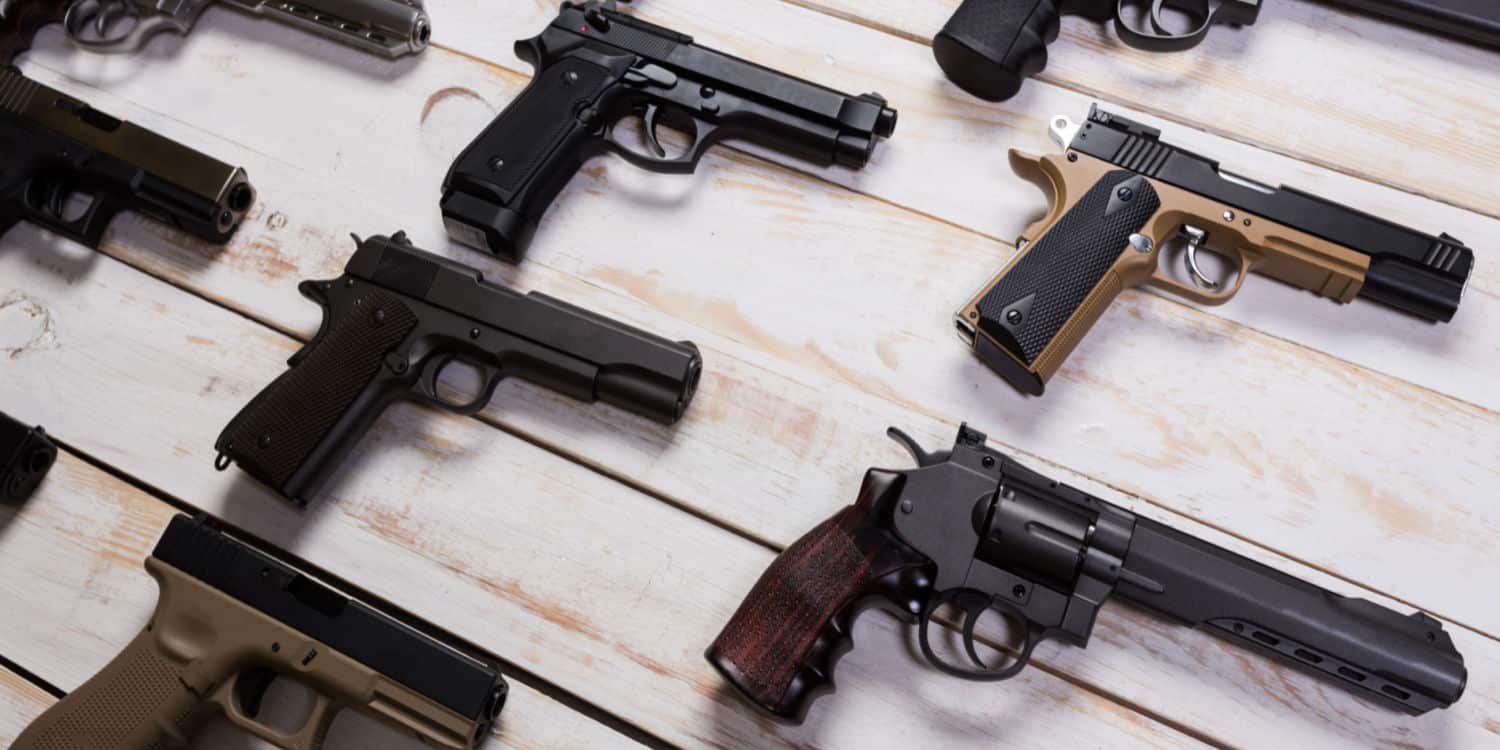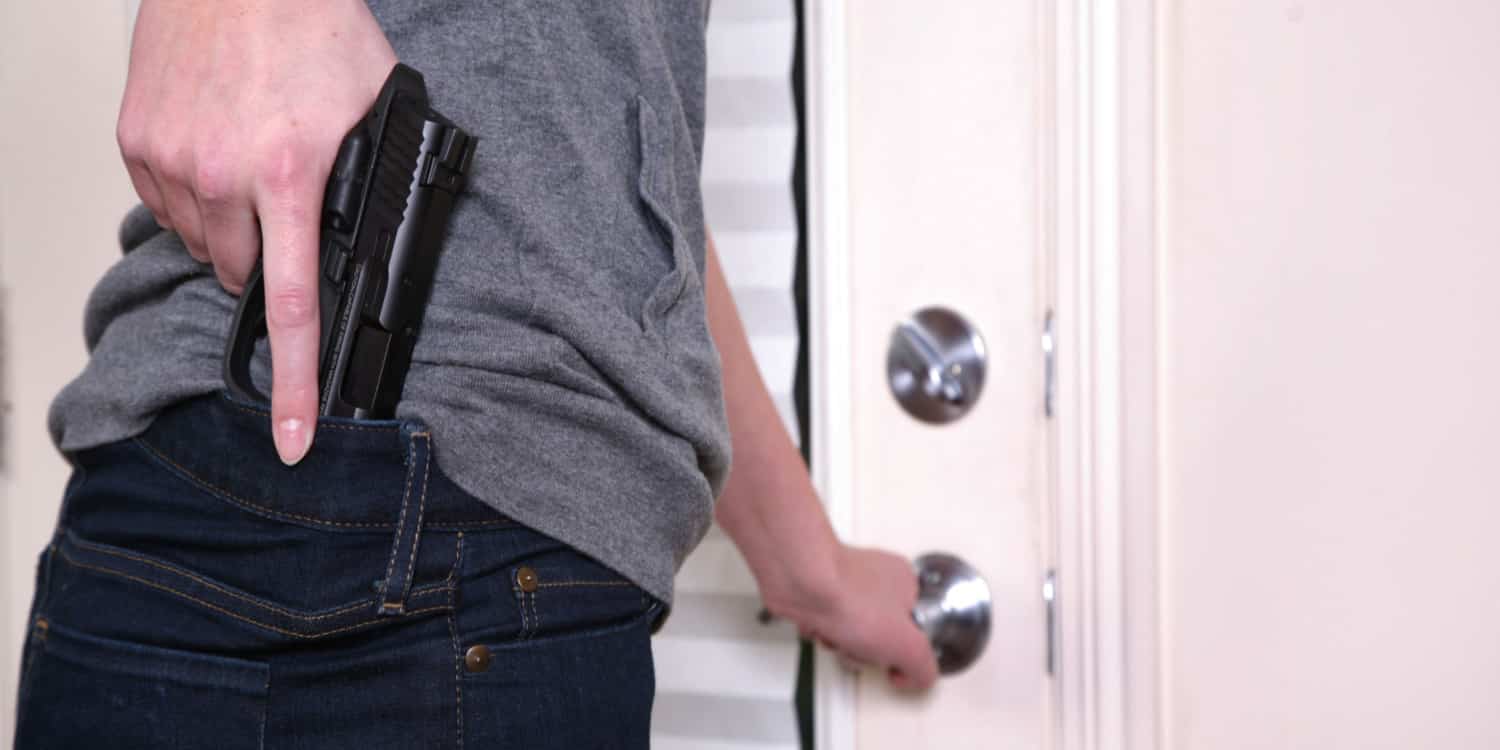
What is an FFL Transfer?
If you’ve ever purchased a gun online, you have probably heard of Federal Firearm Licensee (FFL) transfers. This is a necessary process to receive a

If you’ve ever purchased a gun online, you have probably heard of Federal Firearm Licensee (FFL) transfers. This is a necessary process to receive a

Having a firearm may help you protect yourself in the worst-case scenario. Hopefully, you’ll never have to actually use your gun to defend yourself, but
1400 S. Alvernon Way
Tucson, AZ 85711
(520) 274-7908
9am-6pm Monday – Saturday
Closed Sundays


Need an FFL Transfer?
Looking for our online store?
Would you like to register for a CCW Class?
Want to book time in our Shooting Range, or our MILO Virtual Range?
If you still have questions, submit this form and we’ll get back to you as soon as we can.